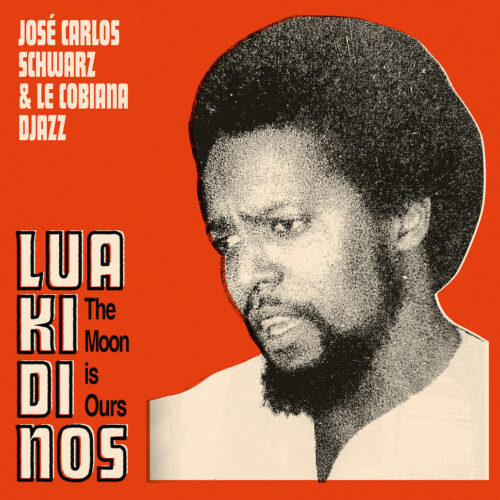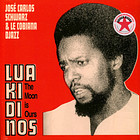The lively »Indicativo« opens this long-overdue reissue by musician José Carlos Schwarz. Complex polyrhythms, fed by traditional styles of Guinea-Bissau, and Schwarz’ yearning voice set the tone for the 14 songs on »Lua Ki Di Nos,« which also tell of the musician’s concerns in wistful tones. Art and politics are inseparably linked in the music of José Carlos Schwarz: In the former Portuguese colony of Guinea-Bissau, which declared its independence in 1973, artists like José Carlos Schwarz and the group Super Mama Djombo interfered in the affairs of the country not only in their lyrics. José Carlos Schwarz, also known as »Ze Carlos,« a descendant of Guinean, Cape Verdean and German ancestors, supported the armed struggle against the colonial rulers as early as the early 1970s, for which he served two years in prison, and later became involved in cultural and youth politics in independent Guinea-Bissau. In those years, too, he was an uncomfortable companion for the powerful. At the center of his music is the struggle of the once Portuguese colony for independence, the reprisals suffered by the musician who rebelled against the colonial rulers. In »Djiu di Galinha,« for example, he recounts his two-year imprisonment in a penal colony. The decision to sing in Creole, like the stylistic alignment with the Guinean Gumbé sound, is to be understood politically: José Carlos Schwarz wanted to use it, like the aforementioned Super Mama Djombo, to help his country on its way to a cultural identity. In 1977, he became a member of the notorious Club 27: on May 27 of that year, his plane crashed on approach to José Martí International Airport in Cuba. Fernando de Costa Conde unravels the story of the artist, who remains popular to this day, in his liner notes. It is an enchantingly beautiful document of a short but all the more intense life.
Sankomota
Sankomota
Shifty



